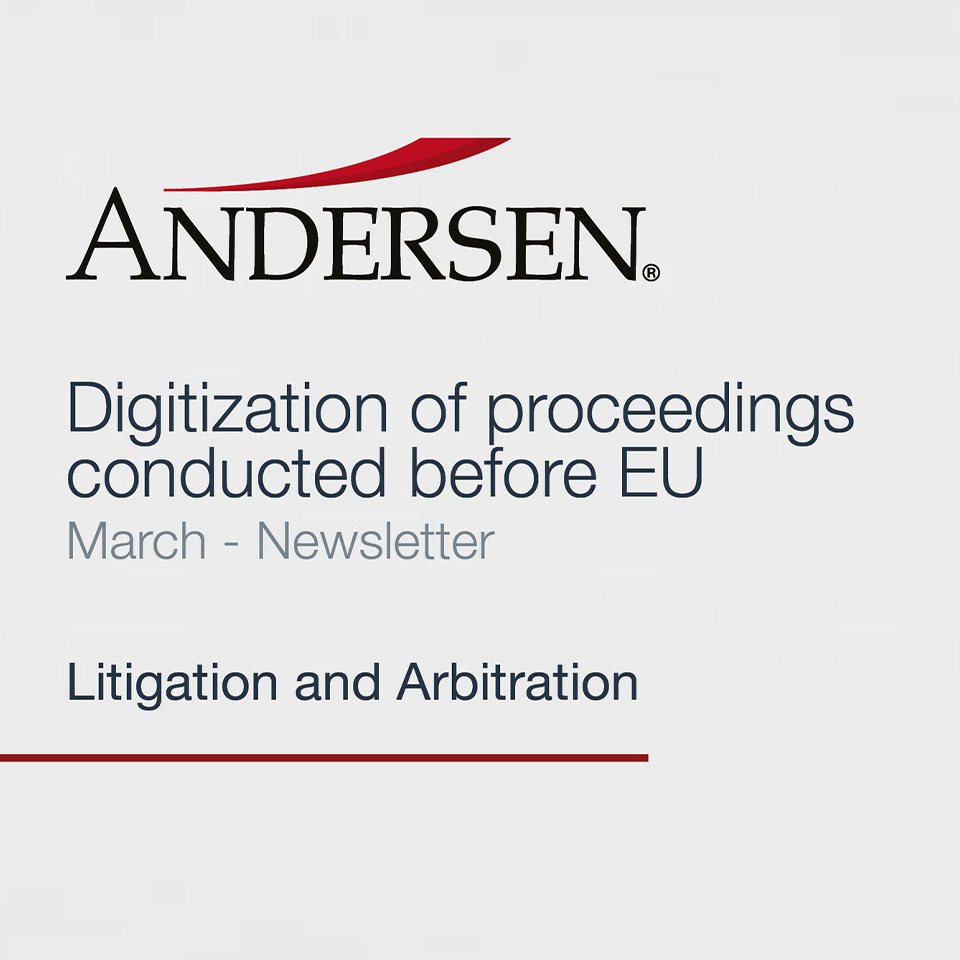EU Court rules that a member state does not have right to monopolise games of chance and has to act in a proportionate and non-discriminatroy manner.
In Greece, games of chance are entrusted to Organismos prognostikon agonon podosfairou AE (OPAP), a public limited liability company listed on the Athens Stock Exchange, of which the Greek State is a minority shareholder (34%).
OPAP fixes the maximum amount of the bet and winnings per form (and not by player), may use up to 10% of the advertising space in stadia and gymnasia gratuitously and has also expanded its activities abroad, in particular in Cyprus.
Stanleybet, William Hill and Sportingbet, companies with registered address in the United Kingdom and with licences to organise games of chance under English law, sought to provide sport betting services in Greece. After a rejection by Greek authorities, the three UK companies filed an action against Greek authorities before the Greek Council of State.
In the course of proceedings before it, the Greek Council of State made reference to the Court of Justice requesting a ruling on whether EU law precludes member states from granting the exclusive right to operate games of chance to a single entity.
A reference for a preliminary ruling to the European Court of Justice (hereinafter EU Court) may be requested by courts of the European Union member states on questions raised in disputes brought before them about the interpretation of European Union law or the validity of a European Union Act. The EU Court does not decide the dispute itself but a decision rests with the national court or tribunal. The decision is similarly binding on other national courts or tribunals before which a similar issue is raised.
The EU Court ruled that an EU country may not grant the right to run, manage, organise and operate games of chance to a single entity, if the national legislation does not obtain a special derogation or if the national legislation is founded on concerns of public policy, public security or public health or can be deemed justified by overriding reasons in the public interest. The EU Court added that in the case where the restrictions are applied by the EU countries, that EU country must ensure that the restrictions are proportionate and in line with the aim it is seeking to attain.
Copyright © 2025 Chetcuti Cauchi. This document is for informational purposes only and does not constitute legal advice. Professional legal advice should be obtained before taking any action based on the contents of this document. Chetcuti Cauchi disclaims any liability for actions taken based on the information provided. Reproduction of reasonable portions of the content is permitted for non-commercial purposes, provided proper attribution is given and the content is not altered or presented in a false light.














